
How is Res going to collect samples from Mars? Can you use Edison to design a collector that can help Res collect Mars samples? In this lesson students will use Edison to design a sample collector
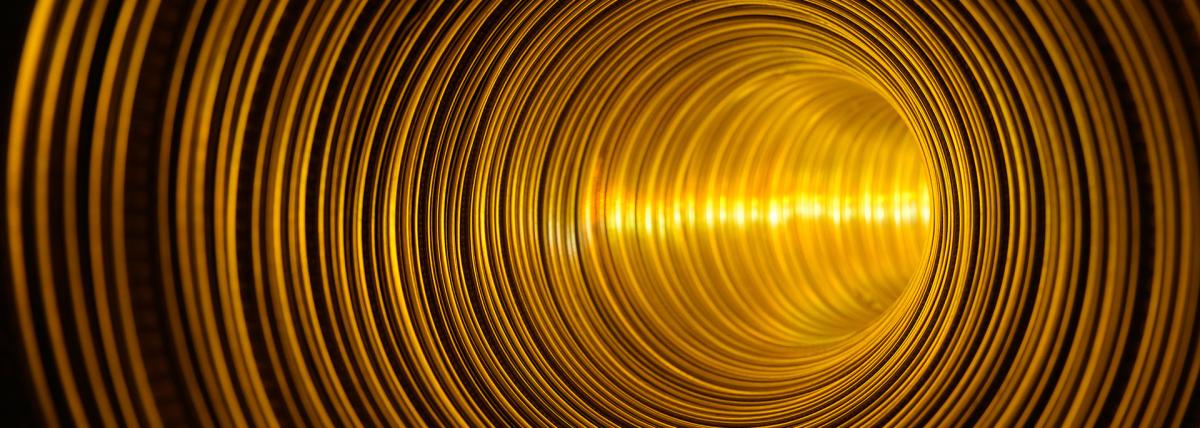
This lesson will help students judge the difference between Thermal Conductors and Insulators. Students will test, collect data, and find results on which insulator material with have the best results
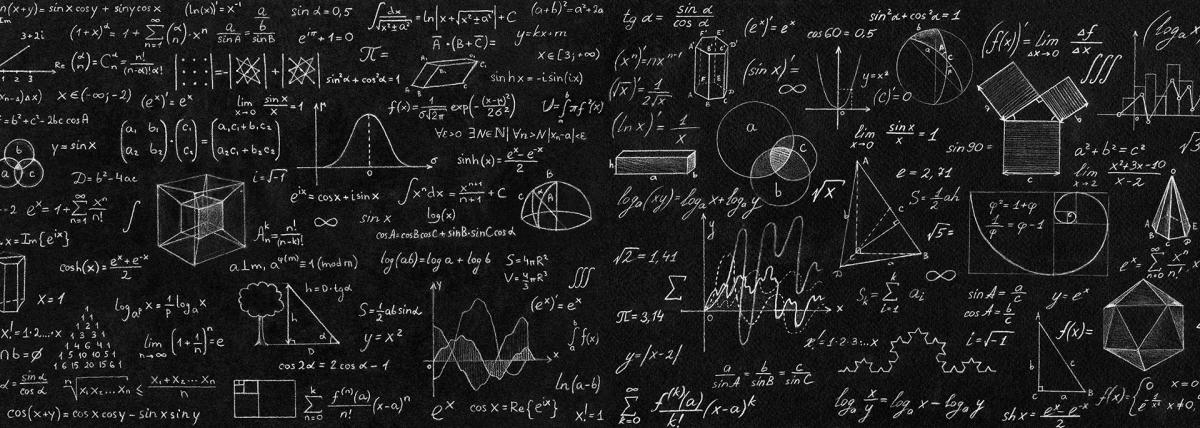
Phenomenal Forces and Motion is an amazing lesson which introduces students to the world of physics and Newton’s three laws of motion. Students will find out how some of the basic principles of

Students will focus is on the historical time period of 1763- 1900 CE. The objective is to select a historically accurate person and research the person's story. Then students will plan, create
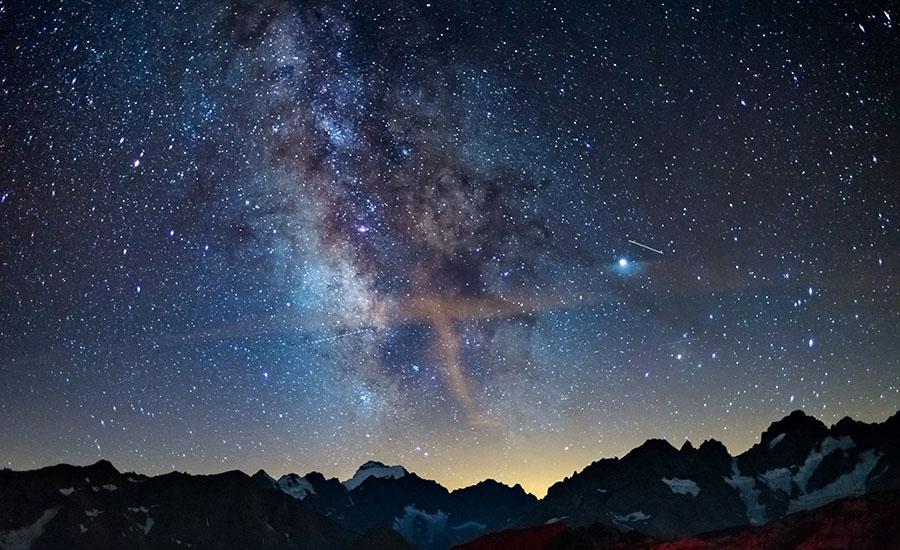
Students will use known geographical features to identify landforms on images from the Mars Orbital Reconnaissance Satellite.

In this lesson students learn about forces and motion by designing cars with materials provided in the Lakeshore Learning Design & Play: Cars materials. Students will measure distance driven, reflect
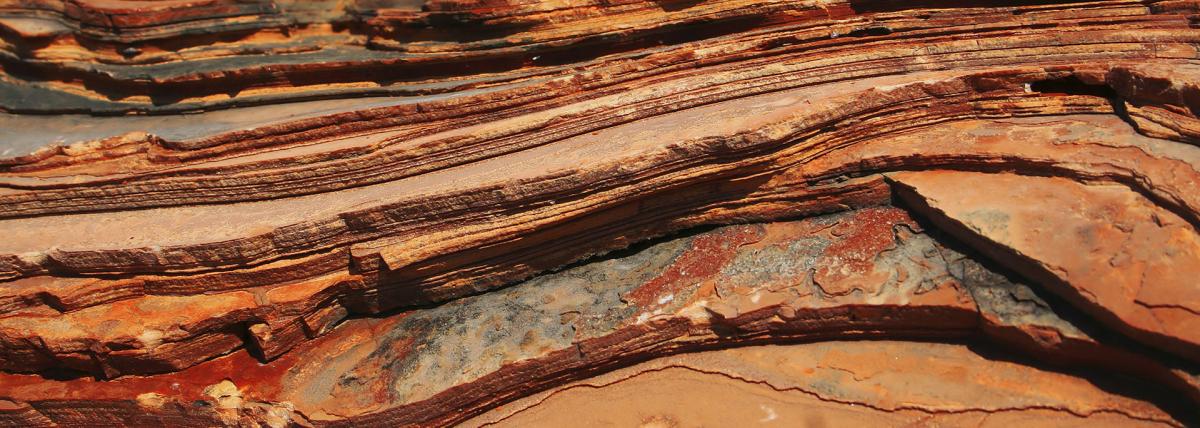
The lesson introduces how the earth layers and the fossil record shows a relative time scale. The math concept of a function will be explored. Students will use cause and effect changes of Earth

Students explore the solar system and space concepts (including microgravity, eclipses, etc.) using technology. Student choice is given with a choice board.

The "Virtual Reality (VR) Exploration: Building a 3D Solar System" lesson is an exciting and immersive STEM experience designed for 8th-grade students. In this lesson, students delve into the world of

The "Solar-Powered Water Purification System" lesson is an engaging and hands-on STEM experience for 4th-grade students. In this lesson, students explore the importance of clean water and learn how

Explore temperature and weather with students. Teachers will guide students through this graphing and research activity. The unit opens with a literacy component, Global Warming with Seymour Simon

In this lesson students explore the relationship between pigmentation and light absorbance. Students will use a spectrophotometer to analyze pigment samples and record the absorption spectrum for

Students build a wind turbine and test how much work it can do. Students also use data about wind energy production to complete a Claim-Evidence-Reasoning assignment.

In this lesson, the students will plan and carry out investigations to explore sound propagation and its characteristics through simple activities. They will discover in which medium sound travels

NASA needs Resilience to take pictures to send back to Earth for observation. Resilience needs a cell phone holder that can take pictures or videos from multiple views. Can you use Edison to design a

Students spend time learning about Newton's 3 Laws of Motion, but can they correctly identify which one is being used when they see it? This lesson focuses on identifying each Law of Motion as a

In this lesson students will discuss why they would use a 3D printer to create a planter pot? Students will also brainstorm "What features are important for a planter pot?" Finally students will
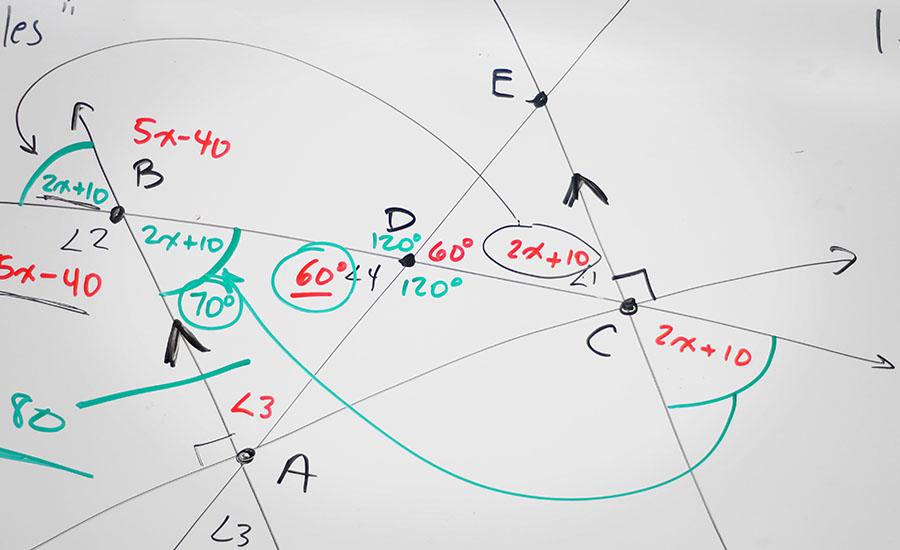
This lesson plan will give you an idea on how to deliver the Area of Rectangles topic to your classes which will make your students enjoy and interact during the discussion. This will require some

In this lesson SW illustrate food systems, food miles, and plant use in everyday items. SW transplant plants from mini garden to raised garden bed. SW perform plant measurements and make observations

This lesson discusses and gives you a more in-depth understanding of the relationship of particles that are held together by a certain amount of energy. The energy is required to break bonds and the

This lesson give emphasis on the systems A and B of the chemical reaction that represent the reactants and products. This also focuses on investigating not just the system involved in the chemical

When Res lands on Mars she will encounter various terrain that she must navigate successfully. Can you create wheels that will help navigate her through the terrain? This is part one of a four part

Students will be creating two different gardens. A hydroponics garden indoors and a raised bed garden outside. Students will be gathering data to help define the question: What is the biggest issue

This lesson allows the students to experience the life of an interior designer. The students will be tasked to use their knowledge on area and perimeter as they design a layout for their own classroom
